LINCOLNSHIRE, England — Students from the University of Bath’s Team Bath Drones secured the title of Grand Champions at the 2025 UAS Challenge fly-off finals, held at the BMFA Buckminster airfield in Lincolnshire, UK. The prestigious annual competition drew a record 32 university teams from six countries, including the UK, Estonia, China, Italy, the Netherlands and Portugal.
After a tense contest, Bath narrowly edged out reigning champions Beihang University, while newcomers Politecnico di Milano impressed by taking third place on their debut appearance. The event also recognized a variety of technical and operational achievements, highlighting the broad expertise and innovation on display.
A showcase of diverse drone designs and engineering skill
Now in its 11th year, the UAS Challenge challenges undergraduate and postgraduate students worldwide to design, build and fly unmanned aerial systems weighing no more than 10 kilograms. Teams must complete a variety of flight missions simulating real-world scenarios — such as autonomous waypoint navigation, humanitarian aid package delivery, and safe return to base — pushing their engineering and project management skills to the limit.
Unlike many competitions, the rules allow broad interpretation of the drone design, leading to an eclectic mix of aircraft at this year’s event. Notable entries included self-designed catapult-launched drones from Beihang University and Heriot-Watt University, alongside an exotic VTOL Tailsitter from the Estonian Aviation Academy. The Estonian team’s Tailsitter drone successfully completed an autonomous flight and payload drop, marking a first in the competition’s history.
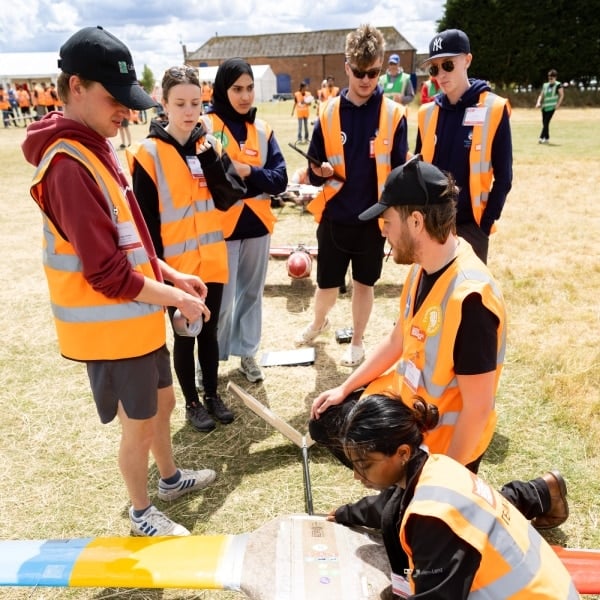
Record participation and professionalism
Teams arrived well-prepared, many with fully tested aircraft, enabling scrutineering to start earlier than in previous years. Weather tested the pilots, with searing heat, strong winds topping 20 knots, and rain challenges throughout the week. Despite this, the event set a new record with fourteen successful flights on the first full day, with mission windows extended later to accommodate all teams.
“After a fantastic 10th anniversary last year, it’s great to see the event continue growing, with over 30 teams participating this year,” said Paul Lloyd, Chair of the UAS Challenge. “The standard has stepped up tremendously — aircraft were ready to fly right from arrival, with teams flying through to the very last moments. All should be proud of their work.”
Innovation and sustainability at the forefront
Team Bath Drones impressed not only with flight performance but also sustainability, earning the Environmental Award for using flax fibre composites in their drone’s fuselage — a plant-based alternative to traditional carbon fiber. The team also earned Scrutineering and Grand Champion awards, with additional nods in innovation, airworthiness, and safety categories.
“Our drone flies beautifully, but we also wanted to reduce environmental impact,” said team lead Ashviny Ramanathan, a recent aerospace engineering master’s graduate. “Winning this competition, especially among such strong teams, is incredible and motivates us to push further next year.”
Building the next generation of aerospace engineers
Backed by industry partners including BAE Systems, Ansys, Leonardo, Callen-Lenz, and Babcock, the UAS Challenge offers students a real-world engineering project that complements their academic studies. From design to flight, students hone skills in teamwork, project management and problem-solving that prepare them for careers in aerospace, defense and robotics.
“Students don’t just build drones; they learn to deliver complex engineering projects under pressure,” said Dr. Samuel Bull, Team Bath’s academic supervisor. “The hands-on experience and industry mentorship they gain are invaluable for their future.”
New teams and expanding appeal
2025 saw new entrants such as University of Genova, Politecnico di Milano, University College Dublin, University of Central Lancashire, and NMITE, whose team included foundation and first-year students. This growth underscores the competition’s increasing appeal as both a learning platform and a prestigious contest.
The event also fosters international cooperation and knowledge sharing. Teams from different countries frequently exchanged insights on design, avionics, and troubleshooting, forging connections across borders and disciplines.
A record number of awards were presented this year, recognizing standout performance in both technical execution and operational excellence.
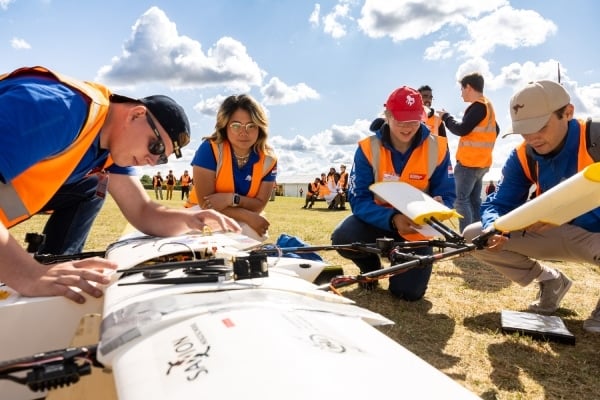
2025 UAS Challenge Winners Announced
- Grand Champions: Team Bath Drones — University of Bath
- Runners Up: Beihang Aeromodelling Team — Beihang University
- Third Place: Fly-Mi — Politecnico di Milano
- Innovation Award: Team Blue Sparrow — Estonian Aviation Academy
- Design Award: DroneTeam Twente — University of Twente
- Simulation Award: Gryphon Arrows — University of Leeds
- Scrutineering Award: Team Bath Drones — University of Bath
- Safety Award: Fly-Mi — Politecnico di Milano
- Environmental Award: Team Bath Drones — University of Bath
- Airworthiness Award: UCD UAV Team — University College Dublin
- Operational Supportability Award: Team Blue Sparrow — Estonian Aviation Academy
- Business Proposition Award: UCD UAV Team — University College Dublin
- Most Promise Award: Team Aero-Watt — Heriot-Watt University
- Advancement Award: DOPE Aerospace — University of Genova
- Media & Engagement Award: DroneTeam Twente — University of Twente
As autonomous and unmanned systems continue to transform industries globally, the UAS Challenge remains a vital arena where tomorrow’s engineers prove their mettle — balancing innovation, safety, and environmental stewardship, all while fostering international camaraderie.
Discover more from DroneXL.co
Subscribe to get the latest posts sent to your email.


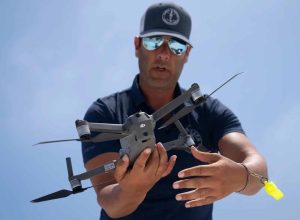

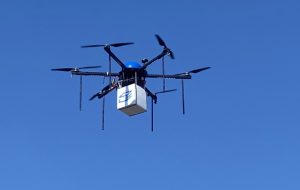

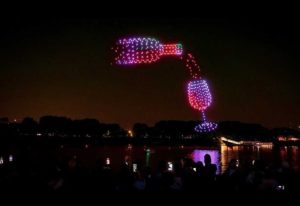
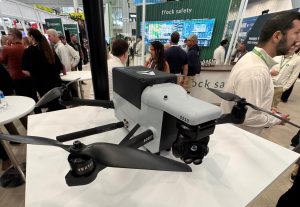

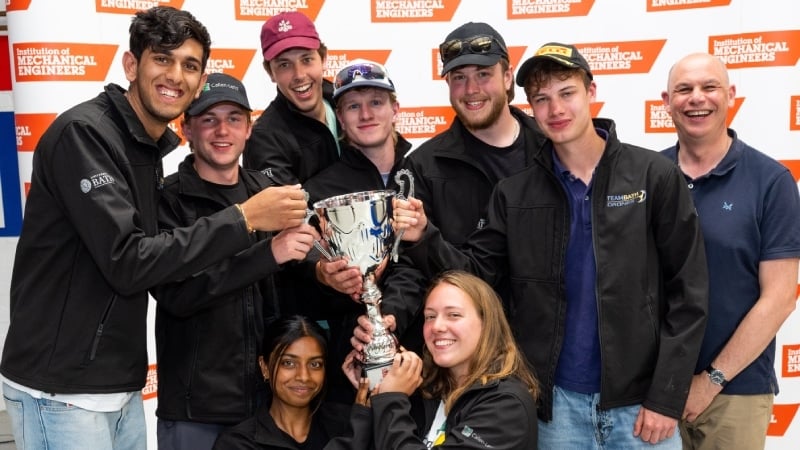

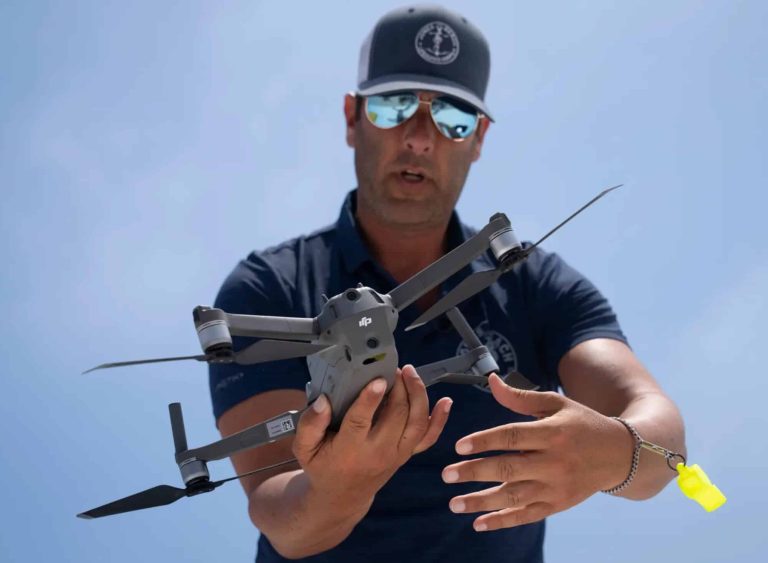

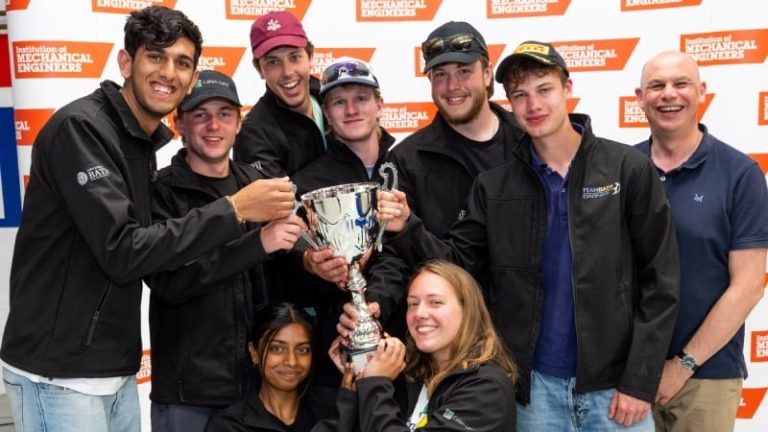
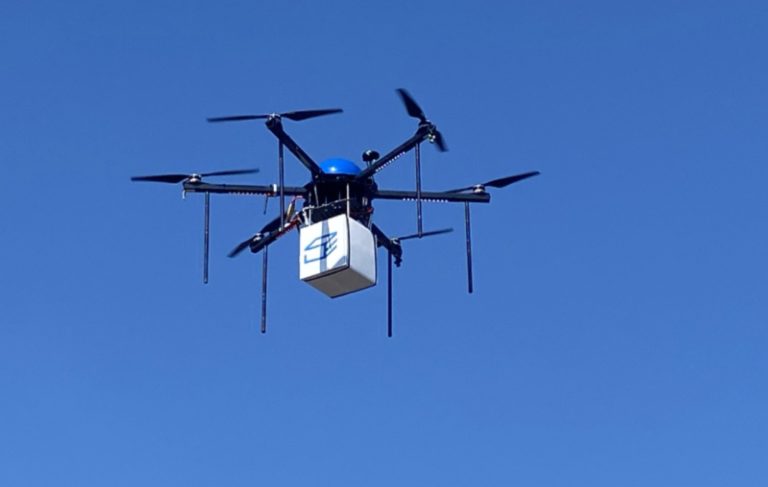

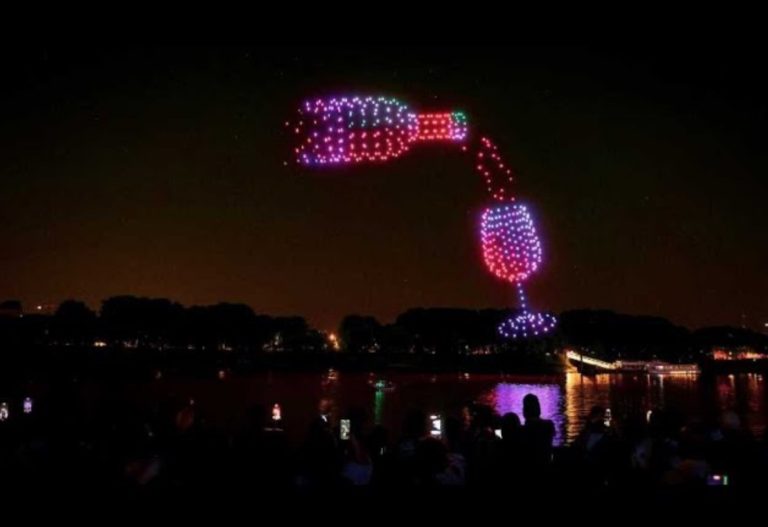
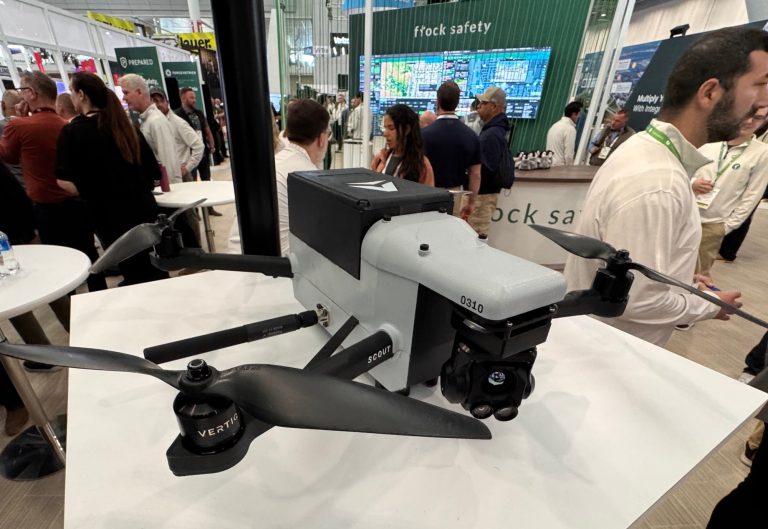
+ There are no comments
Add yours